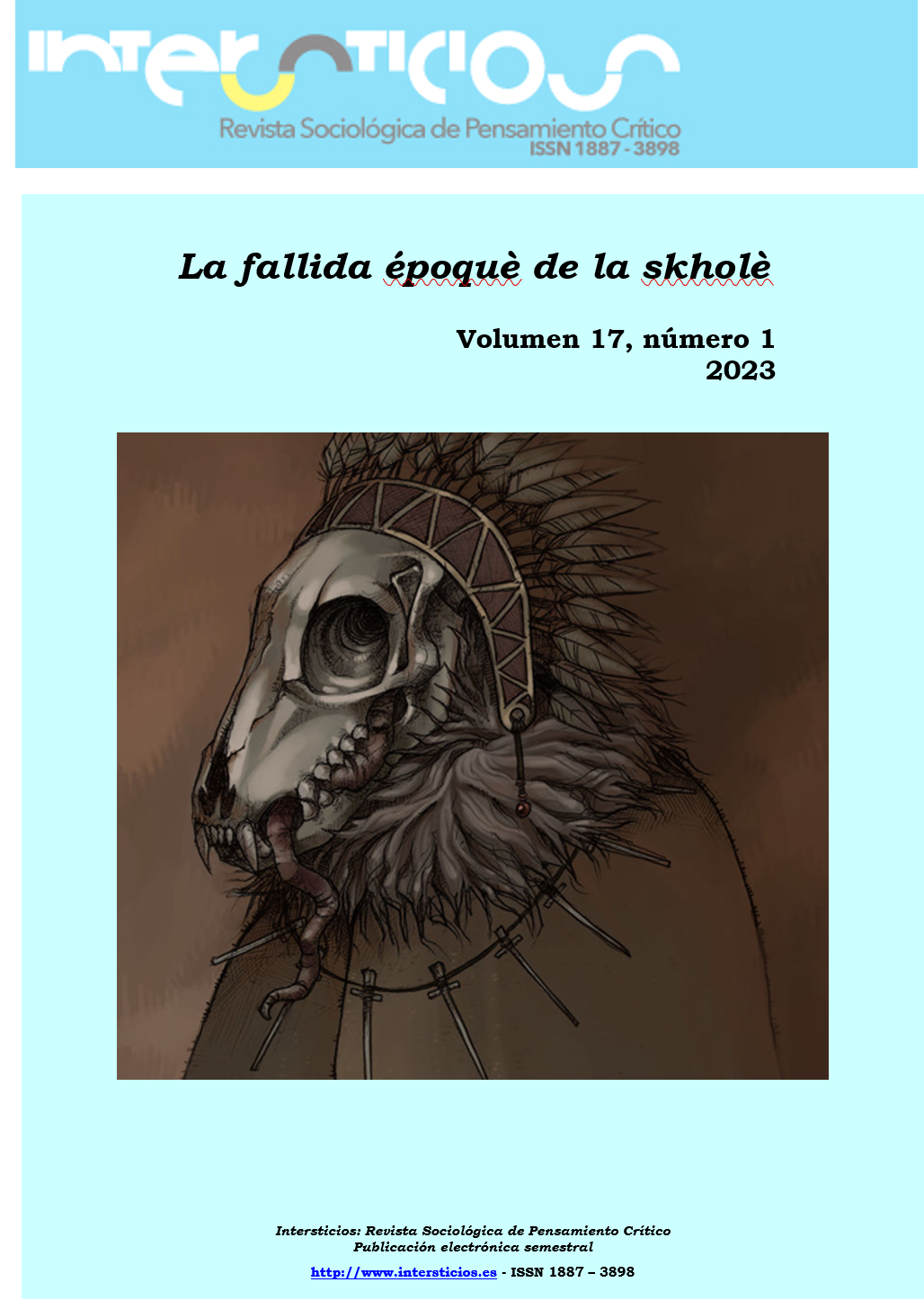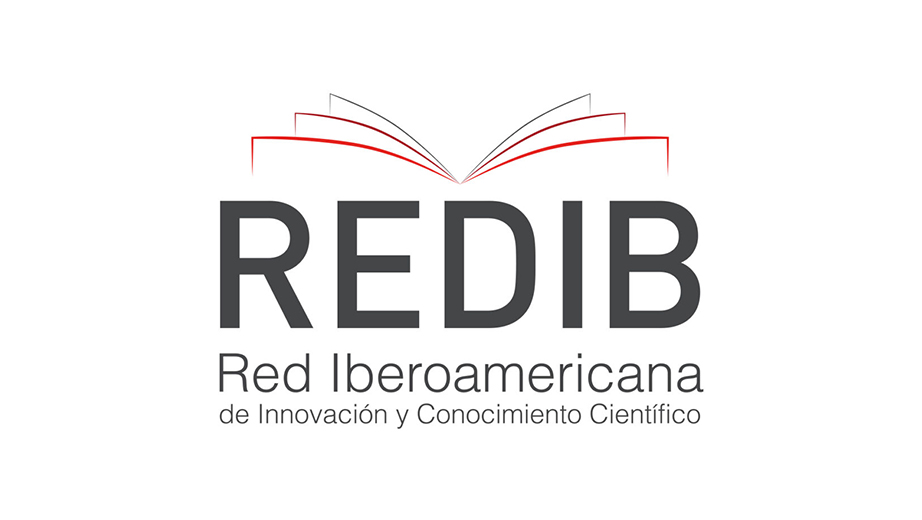Worldvews, social culture and negative identity
Keywords:
cerebral palsy, social culture, cognitive alterity, acculturation, experienceAbstract
From the professional experience of caring for adults with cerebral palsy, the existence of a specific culture of disability is questioned, identifying this kind of culture as the manifestation of the ideological worldview of a part of the group of people with acquired physical disability. The reasons for this problematic allocation are set below, as well as the possible causes and consequences of the exclusion of people with congenital disabilities and adaptive learning problems from any kind of social culture, as well as the relevance of attention directed to the alterity cognitive and to the emotional experience not related to the different body, but to an unconventional learning competence.
References
Pié Balaguer, A. (2009): “Educació social i Teoria Queer. De l’alteritat a les dissidències pedagògiques”, Barcelona, Editorial UOC.
VV.AA. (2008): “Superar las barreras de la discapacidad”, Madrid, Ediciones Morata S.L., Cap. VIII, pp. 142-164.









